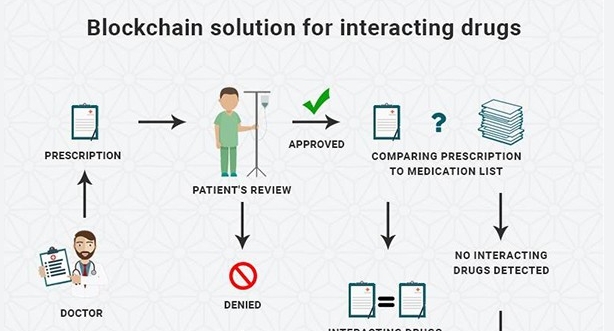Revolutionizing Healthcare: How Blockchain is Changing the Landscape of Medicine
Blockchain technology is making waves in the healthcare industry, promising to revolutionize the way medical data is stored, managed, and shared. From patient records to clinical trials, blockchain is changing the way we think about healthcare.
Enhancing Security and Privacy
One of the biggest advantages of blockchain in healthcare is its ability to enhance security and privacy. By using encrypted blocks of data that are linked together in a chain, blockchain ensures that patient information is secure and tamper-proof. This can help prevent data breaches and ensure that sensitive medical records are kept confidential.
Improving Data Interoperability
Another benefit of blockchain in healthcare is its ability to improve data interoperability. With blockchain, different healthcare providers can securely share patient information in real-time, making it easier to coordinate care and ensure that patients receive the best possible treatment.
Streamlining Administrative Processes
Blockchain technology can also streamline administrative processes in healthcare, reducing paperwork and increasing efficiency. By creating a single, secure system for managing medical records and other important data, blockchain can help reduce errors and cut costs for healthcare providers.
Facilitating Clinical Trials
In addition to improving security and efficiency, blockchain technology is also being used to facilitate clinical trials. By providing a secure, transparent way to track and verify trial data, blockchain can help researchers streamline the process of drug development and bring new treatments to market more quickly.
Looking to the Future
As blockchain technology continues to evolve, its impact on the healthcare industry is only expected to grow. By providing a secure, transparent way to store and share medical data, blockchain has the potential to revolutionize the way we think about healthcare and improve outcomes for patients around the world.

